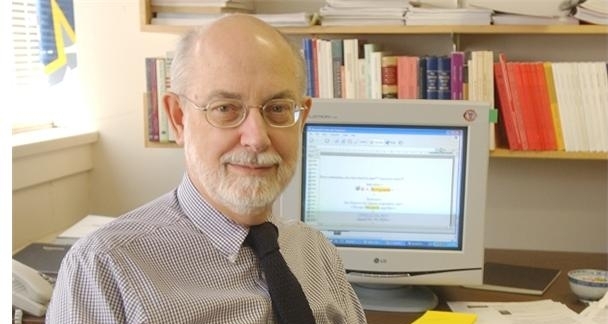
JSGS policy fellow awarded honorary degree
John Whyte, policy fellow in the Johnson-Shoyama Graduate School of Public Policy, was awarded an honorary degree at a convocation ceremony at York University on Wednesday morning.
Toronto – John Whyte, policy fellow in the Johnson-Shoyama Graduate School of Public Policy, was awarded an honorary degree at a convocation ceremony at York University on Wednesday morning.
Widely recognized for his expertise in constitutional law, Whyte has consulted for many Canadian governments although his biggest accomplishments came in the realm of provincial politics.
“I came and worked for the Government of Saskatchewan in the last three years of the Blakeney era and was totally immersed in developing the Constitution Act 1982 and the Charter of Rights,” Whyte said.
He served as the Province of Saskatchewan’s director of constitutional law from 1979 to 1982 and as the Saskatchewan deputy attorney general and deputy minister of justice from 1997 to 2002. He has appeared in the Supreme Court of Canada in a number a number of constitutional cases including the Patriation Reference and the Secession Reference. Whyte has been consulted in legal and constitutional development projects in China, the Republic of Georgia, Nepal and Vietnam.
As a legal scholar and educator, he has made enormous contributions to the rule of law and democratic governance in Canada. He has held academic appointments at several universities, including Queen’s University, where he served as dean of law, the University of Toronto, York University, the University of British Columbia and the University of Melbourne. He has been a visiting scholar at Yale Law School, a political science professor at the University of Regina.
In recent decades, Whyte has applied his expertise to constitutional development in foreign nations.
“By and large, I am very excited about the idea of developing structures of power which deliver stability and justice to nations,” he said. “The more complex and the more difficult the nation, the better.”

